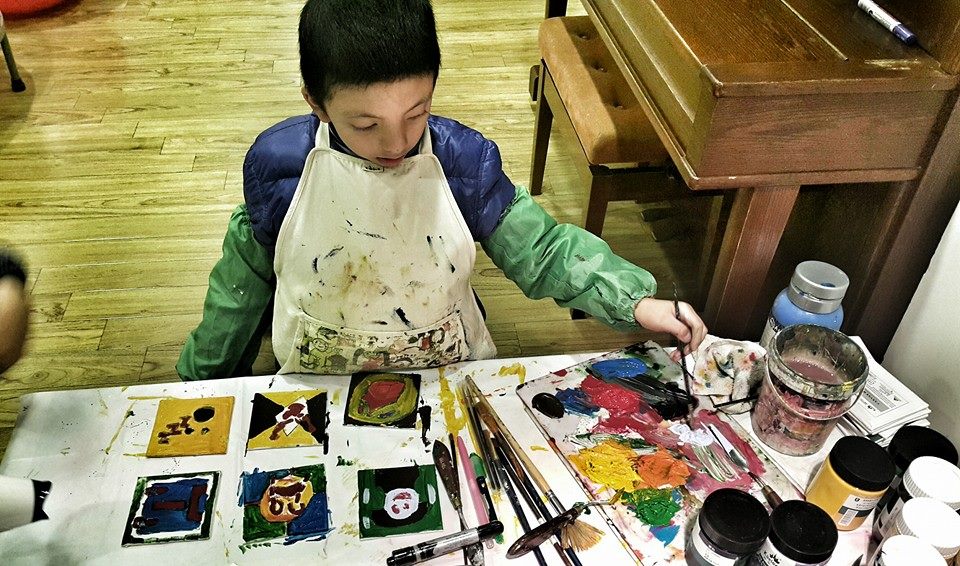
When Nem (his nickname) was born 11 years ago in Hanoi, Vietnam, his mother, Phuong Nguyen, did not realize the extent of challenges he would present in her future. Like most mothers, she simply fell in love, and was prepared to give him everything, which, as it turns out, is exactly what she would do.
Already at birth, there were signs of trouble. Nem was born with a cleft palate, which made feeding him difficult and caused almost monthly respiratory infections. A doctor also noted Nem’s odd appearance at birth (webbed neck, wide-spaced eyes) and assessed he had Turner Syndrome (which affects females)–despite repeated genetic testing with normal results. It would take a third round of testing three years later, along with additional research from Phuong, to confirm that Nem had Noonan Syndrome, a genetic disorder that mildly affects facial features and can create congenital heart problems.
Implications of Autism in Vietnam
Then, when Nem was two and a half years old, he was officially diagnosed with autism. At the time, Phuong was a young architect who had gotten her Masters degree at Laval University in Quebec City, Canada and worked full-time as both an architect and university lecturer alongside her supportive, well-educated family in Hanoi.
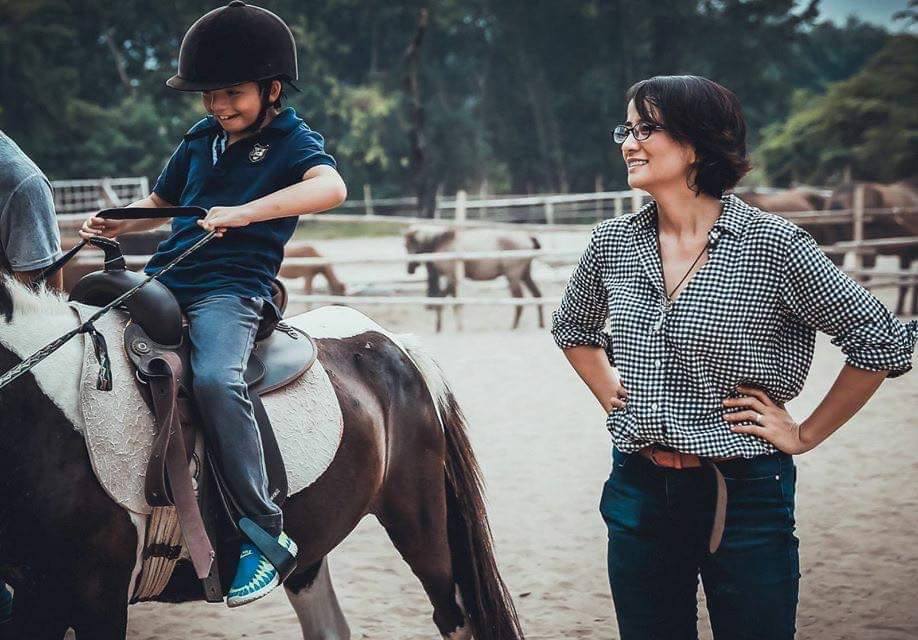
But life was a struggle. “I felt I was living in some kind of hell,” she reported of those early years. Nem would wake at three in the morning and scream for hours, only just recently learning to sleep through the night, among other challenges. “I lost all contact with my old friends. I started speaking only with other parents of autistic children.”
Unfortunately, social health services are non-existent in Vietnam, where an estimated 160,000 struggle with autism, although no official statistics exist. Dr. Do Thuy Lan from the Morning Star Center for Children with Intellectual Disabilities in Hanoi said in this report that “Vietnam not only fails to compile figures about autism, but also to standardize services and programs to detect autism and intervene with behavioral treatments and medicines.”
This means there is no training for medical staff to diagnose and work with autistic children; no governmental dissemination of information or resources on the condition; no public school dedicated to educating autistic children, and a severe lack of qualified private facilities; and no trained occupational therapists.
Instead, in Vietnam, autism is considered a family problem, and, as Phuong explained it, “You are on your own.”
Meeting Phuong and Her Family
We first met Phuong when we rented an apartment in one of her family’s buildings (HanoiSweetHome) for a month while on our nomadic travel adventures. Phuong, her husband (Ha Dinh Long, who is also an architect), and their two children, Nem (his real name is Ha Dinh Chi) and his five-year-old sister, Minh Chau (who is also fluent in French), occupied the entire top floor, her sister and brother-in-law occupied the floor below that with their two kids, and her husband’s parents also lived in the six-story building. Other relatives lived close by, so, in the Asian tradition of sticking together as a family, cousins were often stopping by Phuong’s place, which was warm and full of life.
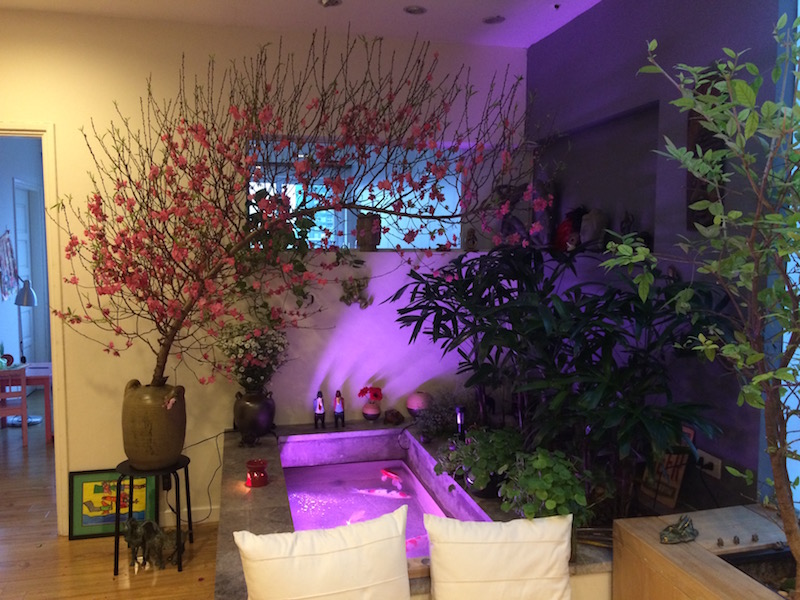
It was near the TET Lunar New Year holiday, and Phuong had invited us to her home for tea, which consisted of feeding us incredible, local delicacies, such as traditional banh chung; slices of ham; sausage wrapped in banana leaves; and finally sweet, chewy candies made from fruits, such as coconut and tamarind; all served with Vietnam’s famous coffee.
Her home included a pond in the foyer, backlit in purple and sporting a few golden fish. A small tree with pink blossoms reached its branches over the pond, and they had two tiny, fluffy dogs (“We thought it might help Nem,” Phuong explained), a parrot, and a lizard, which Phuong’s husband brought out to share with our kids.
Most remarkably, bright, colorful paintings, most framed in glass, covered almost every inch of the walls. These were the creative works of her son, Nem, and many of them were astonishingly good. He had already had two exhibitions, both to help raise awareness of autism in Vietnam. One of them, held in Hoi An, was called, “I am smart in a different way.” Phuong also runs a Facebook fan page for his work called, Nem’s Gallery.
Just to witness the overwhelming outpouring of love and support this mom provides her child made my eyes tear up.
Handling Autism in Vietnam
When I shared that our son had ADHD and sensory processing disorder, Phuong was eager to learn more, as Nem also has sensory processing disorder (common with autism). I shared with her about our early years of at-home exercises and Occupational Therapy to handle our son’s sensory issues, which, as promised by his therapists, he has mostly overcome. It’s primarily his ADHD now which presents challenges for him (and us).
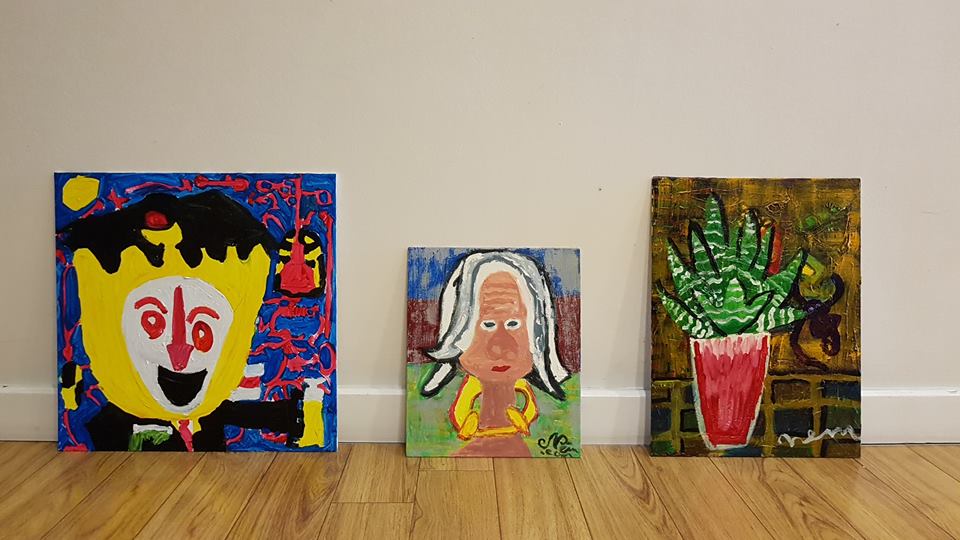
For Phuong, I learned that managing her son’s condition in Vietnam over the years has meant getting her hands on every book she could find (in English or French, as none existed in Vietnamese until more recently); having monthly Skype conversations with specialists from Australia, the U.S., Hong Kong, and Singapore to practice therapies such as OT (Occupational Therapy), RDI (Relationship Development Integration), MNRI, and the DAN protocol; pooling money together with other parents of autistic kids to fly in these specialists twice a year for personal consultations; taking six months off work to apply techniques, such as ABA (Applied Behavioral Analysis); and managing Nem’s daily, hands-on “sensory diet,” among other promising treatments and activities.
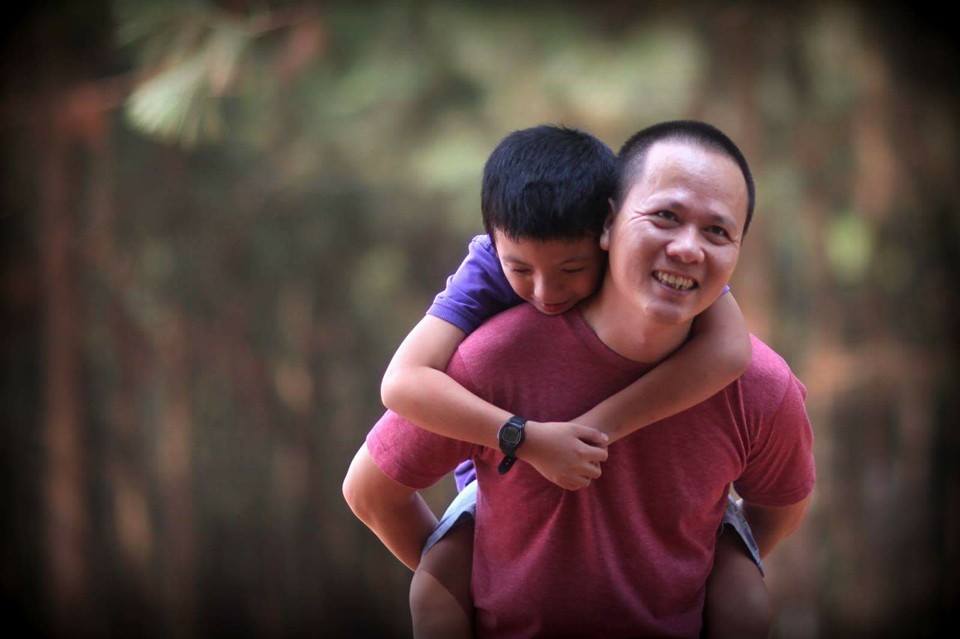
It has also meant connecting with other parents in the Hanoi Club of Parents of Children with Autism, helping to raise awareness of the condition and fundraising for it, homeschooling Nem in spite of her own full-time commitment as a university lecturer and architect, and nurturing Nem’s tremendous talent as a prolific artist into what could be for him a promising career. (Note: Nem is now attending regular school part time in order to experience time with peers.)
Among other achievements, she has helped win a grant from the U.S. about inclusive education for children with autism in Hanoi and has given a public talk on the subject of understanding autism in Hanoi. Through her efforts, Nem became the first autistic child in Vietnam to have his own art exhibition at the age of nine; the topic: demonstrating the potential of kids with autism.
She joked, “All my money has gone to Nem.”
Help of Family and Friends
How does she do it?! She admitted that it has helped significantly to have the support of her boss at the university and her large, extensive family. “I am so lucky to have my family. My mother helps me a lot. My father helps with the costs of inviting international consultants to come to Vietnam. My husband helps me in all aspects! My nieces and nephews come and play with our kids.”
She also feels lucky to be friends with other parents of autistic children. “We often meet each other, talk on the phone, share experiences, or just listen to each other. This makes me feel that I am not fighting autism alone.”
Nem as a Professional Artist
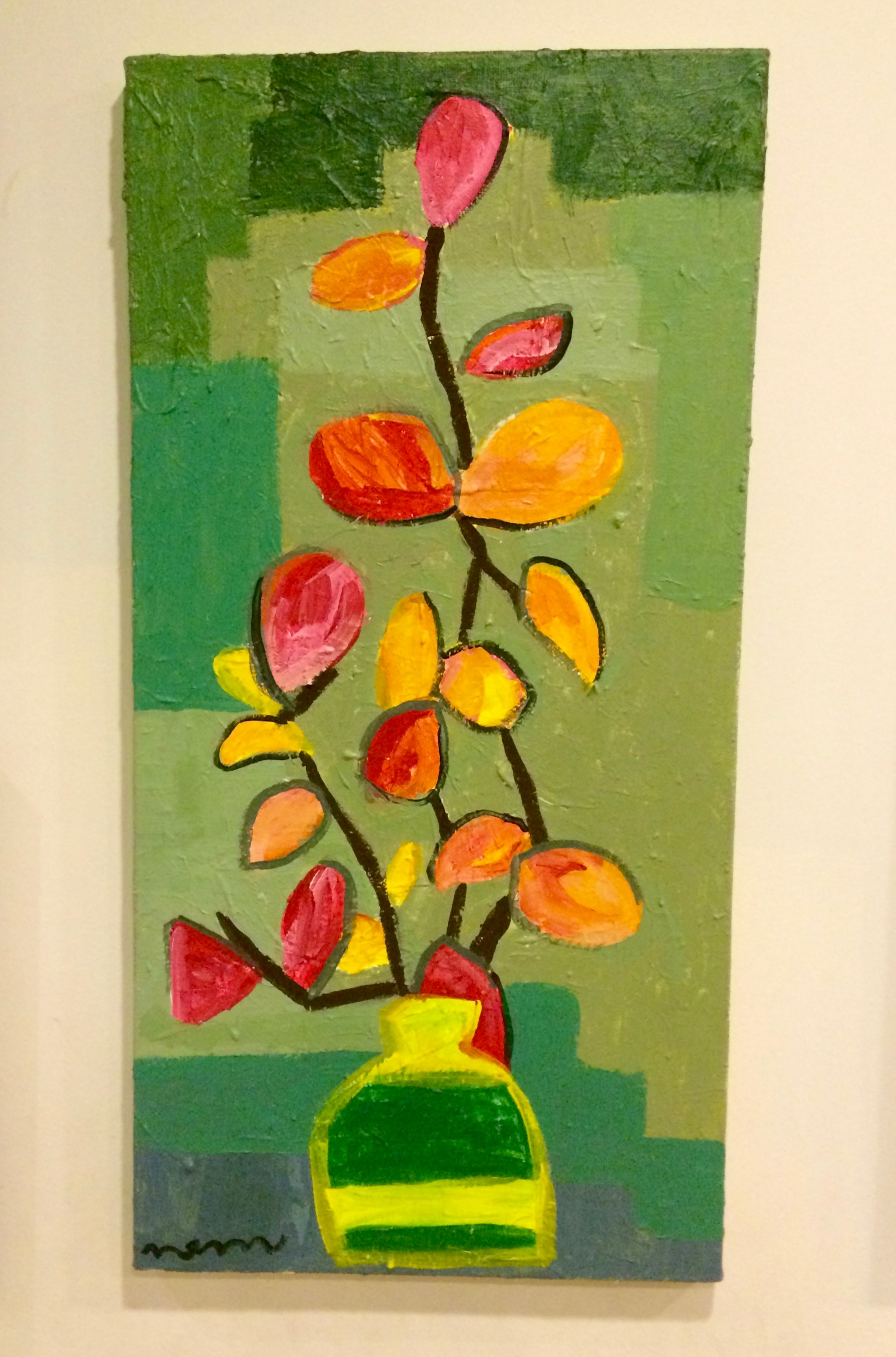
In addition to supporting her son at home with his artwork and creating exhibitions for him, Phuong is currently seeking an art teacher who could develop his art career further. She’s done a lot of research and knows that some autistic children are inclined to suddenly drop a talented skill such as painting when they reach their teens, and she does not want to see this happen with Nem.
She also sells a slew of beautiful products made from his art through Facebook! Here is a sample product (a passport holder), and here are photos of Nem’s products which she sells for him in conjunction with Tohe. Funds earned through Nem’s Gallery are contributed to the Hanoi Club of Parents of Children with Autism to help raise awareness of the condition, and Phuong also has contributed her own funds to this organization for this purpose. Also, as stated on the Facebook page, if you purchase one of Nem’s products, 7% is donated toward raising community awareness of autism, while the rest goes toward helping Nem specifically. If interested, or if you have questions, please send Phuong a message through this Facebook page.
It is through the persevering efforts of phenomenal mothers like Phuong that major changes in Vietnam’s awareness and treatment of children with autism will take place. With lots of love, Phuong, our family wishes you and your fellow parents of autistic children all the best.
This blog post, including photos (unless otherwise indicated), is copyrighted (c) 2016 by Cindy Bailey Giauque and is an original publication of www.mylittlevagabonds.com. Please join us on Twitter and Facebook. Happy travels!